Thousand Names of Vishnu: A Selection With Commentary
Synopsis
Most of the world's major religions have a tradition celebrating the Holy Names of God. Muslims have the most excellent names; Christians have commentaries and litanies. Jewish tradition preserves several lists of the Divine Names, which Jewish mystics have made the focus of meditation. The Holy, The Merciful, The Compassionate; Truth; The One. These are names which appear in each religion, emphasizing that however we call him or as in India, her - the Lord is always the same. In Hinduism, one of the most popular of these litanies is Sri Vishnu Sahasra - Nama Strotrum, the "Thousand Names of Vishnu". Hindus believe that the Lord has many forms - Shiva, Ganesha, the Divine Mother, and so on - shaped by the inner needs of those who worship. The Thousand Names praise God as Vishnu, the preserver and sustainer of life, worshipped all over India in his incarnations as Krishna and Rama. The names of the Lord are chanted one by one, with the sacred word 'Om' before each name and the world 'namah' after it. "Om Vishnave Namah". It means "I bow to Lord Vishnu", "I worship Lord Vishnu". "The Thousand Names of Vishnu" comes from the Mahabharata, an ancient epic poem which is a vast treasury of Hindu legend and literature. The Thousand Names of Vishnu is given to the philosopher - Prince Yudhishthira by a great sage Bhishma. He is called Vishva - He Who is Everything; Vishnu - He Who is Everywhere; Bhuta-krit - Maker of All Beings; Bhuta - Brit - The Support of All Creatures; Param - Atma - The Supreme Self; Dharma - The Eternal Law; Pavana - The Purifier; Gada Dhara - Wielder of the Mace; Priyarha - Lovable; Krishna - He Who Attracts; Satya - Truth; Asammita - Approachable; Deva - The Shining One; Bhagavan - Full of Glory; Anandi - Bringer of Joy; Sahishnu - Enduring and many more. Vishnu's image is found in temples, shrines and homes all over India. Usually he is represented as a handsome man of divine radiance who holds in four hands the symbol of power and beauty. A necklace of precious gems adorn his neck. When he travels he is carried by the cosmic eagle, Garuda, or rides a chariot drawn by four spirited horses. In rest he reclines upon the serpent called Infinity, floating in the cosmic waters in perfect peace, dreaming about the perfect world. The Holy Name is an infinitely powerful ally. As the mind fills with the thought of God, the heart becomes pure. The very name of the Lord is a purifying, transforming influence. Anger gradually turns into compassion, greed into generosity, lust into love. Read and experience the transformation.
Read more
20.70
18.63
$
23.00 $
Free delivery Wolrdwidе in 10-18 days
Ships in 1-2 days from New Delhi
Membership for 1 Year $35.00
Get it now and save 10%
Get it now and save 10%
BECOME A MEMBER

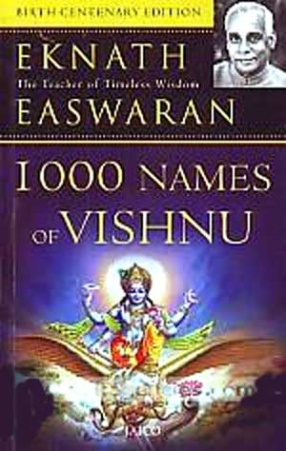
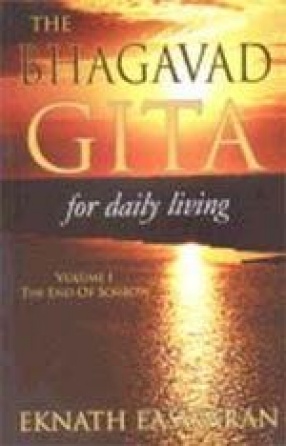
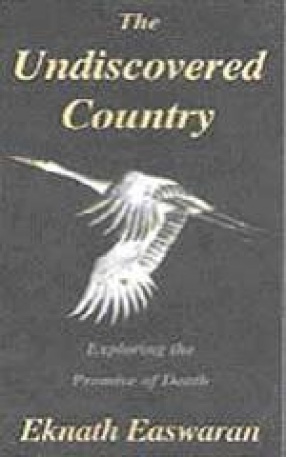


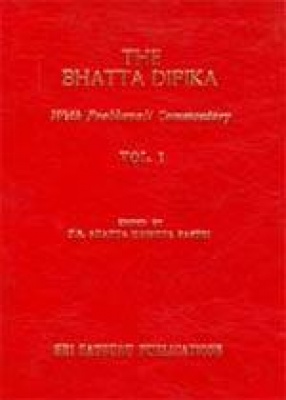

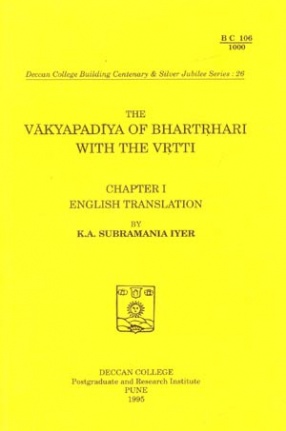
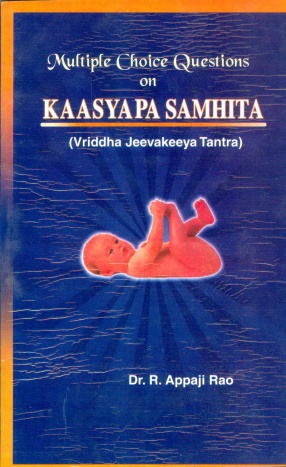

Bibliographic information